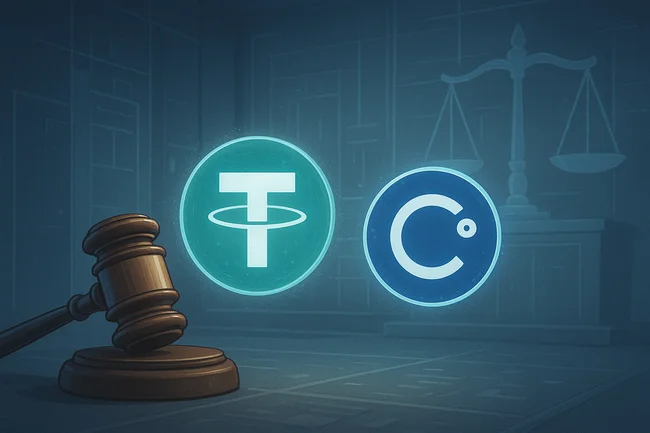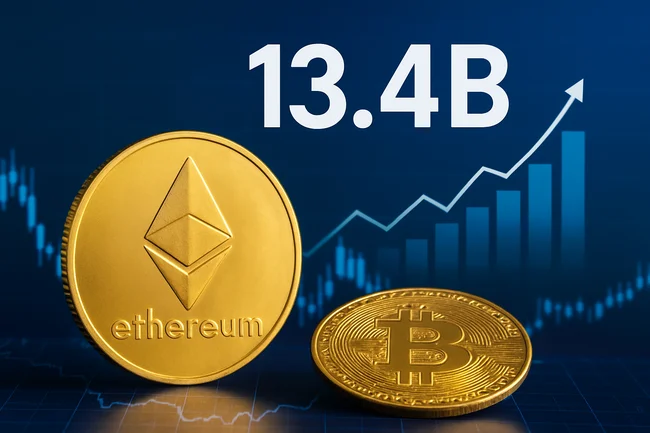A checkpoint is a method used to enhance the security and efficiency of a blockchain network. It refers to a specific point in the blockchain at which the state of the network is recorded. By marking these points, the blockchain can reduce the time and resources needed to verify transactions.When a checkpoint is established, transactions that occurred before this point are considered confirmed and secure. Subsequent transactions build upon this checked state, helping to streamline processes and minimize the risk of potential forks or disputes in the chain. In many cases, checkpoints are used to ensure that nodes in the network agree on the state of the blockchain without needing to revalidate every previous transaction. This makes the network more robust against attacks and increases the speed at which transactions can be processed.Overall, checkpoints help maintain the integrity of the blockchain while enabling it to operate more efficiently.

Ripple, Absa Partner to Launch Digital Asset Custody in South Africa
Ripple has entered a strategic partnership with Absa Bank to provide digital asset custody services to customers in South Africa,



